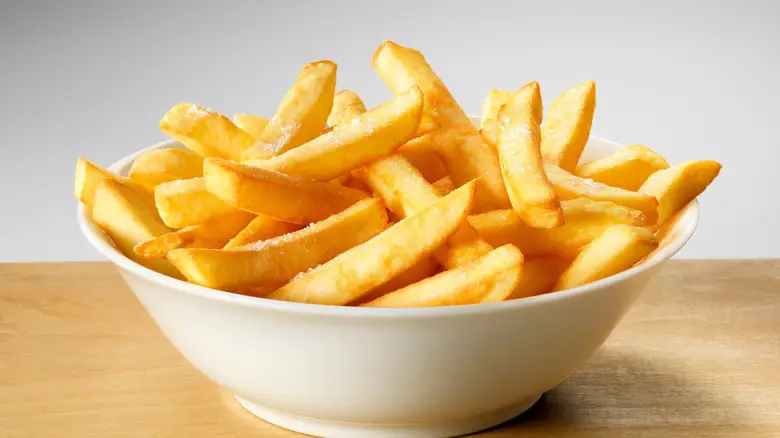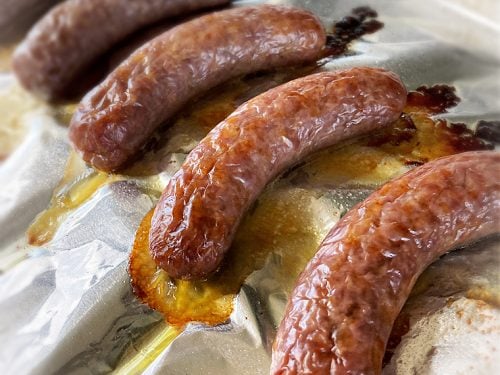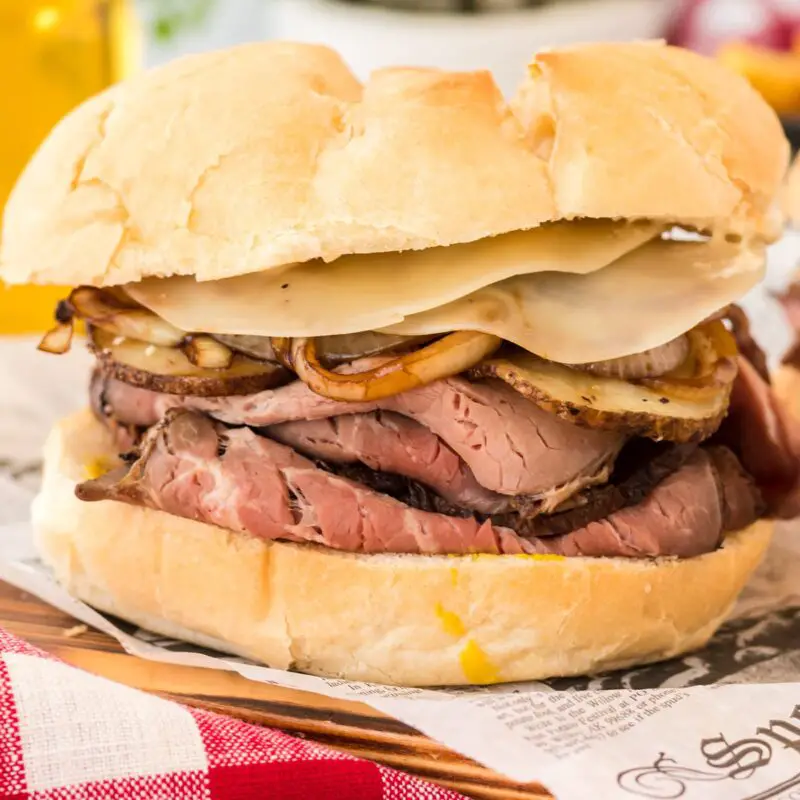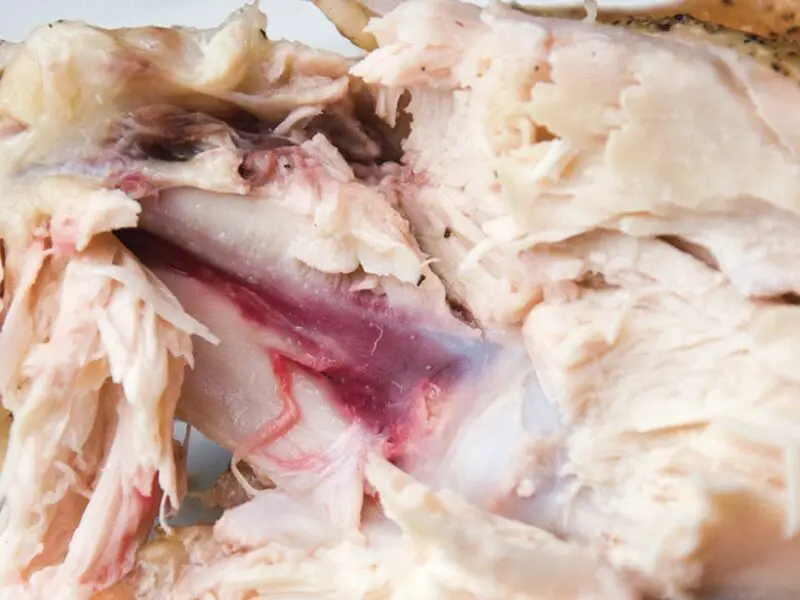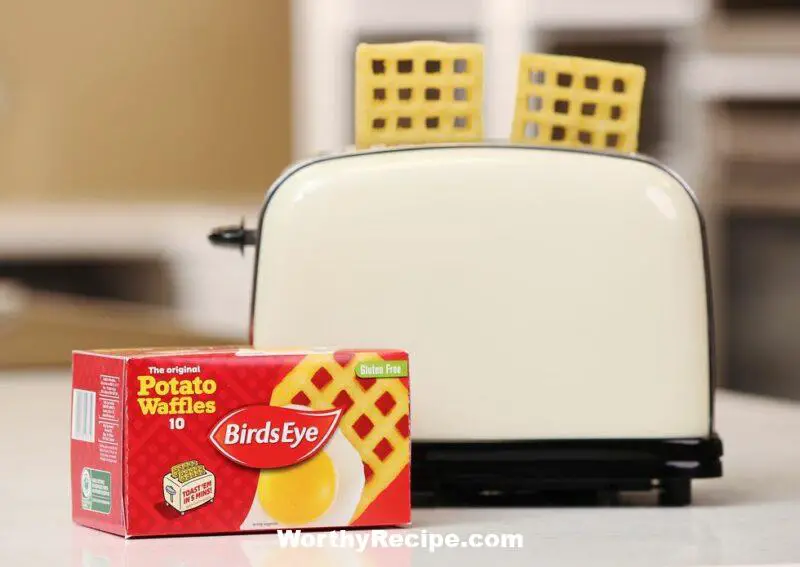French fries are a beloved food all around the world, but there’s nothing more frustrating than preparing a batch of fries only to find that they’ve turned black. If you’ve ever experienced this culinary disaster, you’re likely wondering what went wrong and how to prevent it from happening again.
In this comprehensive guide, we’ll explore in-depth the reasons behind why your french fries turned black, as well as how to avoid this problem altogether. We’ll cover everything from the science behind frying and oxidation and browning reactions to the role of potatoes in the equation and oil quality. Furthermore, we’ll provide some valuable troubleshooting tips for fixing other common problems that can arise during the frying process.
## The Science Behind Frying French Fries
Why is frying french fries so complicated? Well, it’s because cooking involves a series of chemical reactions that turn simple ingredients into delicious dishes. One of the main components in fried foods is oil; however, not all oils work equally well for frying. Knowing which oils are suited for deep-frying is crucial before proceeding.
When you submerge french fries in boiling-hot oil, the moisture inside them starts turning into steam. This vapor escapes from within the potatoes, causing tiny bubbles to form on their surface. Eventually, these bubbles expand and join together until they form a crispy crust on the outside of the french fries.
To achieve optimal results, you should use an oil with a high smoke point that doesn’t break down easily or produce harmful substances when cooked at high temperatures. Some recommended oils for frying include vegetable oil or peanut oil.
## The Culprit: Oxidation and Browning Reactions
In most cases, when french fries turn black while frying them in hot oil, oxidation and browning reactions are usually to blame.
### Oxidation:
Oxidation refers to a chemical reaction where oxygen bonds with other compounds, often causing changes in color or odor. When deep-frying food, the oil is exposed to oxygen, which causes it to oxidize. Oxygen influences the fries’ texture, color, and flavor by attempting to steal electrons from particular components of the potato molecules.
Factors such as light, heat, oxygen exposure, and cooking utensils can speed up the oxidation process. As a result, a crunchy and bright potato can turn black.
### Browning:
Browning reactions take place when high temperatures mix amino acids and carbohydrates. When applying heat during frying, it leads to the sugar in the potato, reacting with proteins. Numerous chemical reactions occur as the temperature increases worsened by the acidic environment in some oils leading to changes in colour very quickly.
There are different types of browning reactions, including Maillard reactions and caramelization. Maillard reactions occur when sugars react with amino acid or protein structures that contribute flavor and browning. Caramelization occurs when heating sugar alone without proteins resulting in golden brown burnished color and a sweet taste on our food.
Furthermore, time and temperature play a crucial role in browning; overcooking for too long or excessively high-temperature oil cause accelerated browning leading to black fries.
## The Role Of Potatoes In The Equation
The type of potatoes used for making french fries is one of the essential factors affecting how they’ll turn out. Some potatoes have more moisture than others; therefore; they release more water when fried than other varieties.
Potato characteristics that can contribute to blackened fries include age and storage conditions. As your potatoes age or are not stored properly, their sugar content increases while the starch decreases. This change in composition makes them more susceptible to burning when fried at high temperatures.
Moreover, even good quality potatoes need proper preparation before they are added to hot oil. Slicing potatoes correctly ensures uniformity during frying.
## Oil Quality Matters
Choosing your oil wisely is an integral part of frying your french fries perfectly without any blackened bits. The best oils to use are those with a high smoke point and good stability under heat, similar to those recommended for culinary purposes, such as peanut oil or vegetable oil.
Good fats contained in oils such as omega-3 fatty acids have an excellent tolerance to high temperatures and can improve the flavor of your deep-fried foods.
In contrast, bad fats can make your french fries blacken along with numerous underlying health concerns. Oils low in polyunsaturated fats like avocado oil or coconut oil are not recommended for prolonged high-temp cooking and instead great for medium to low heat applications.
## Common Mistakes That Can Lead To Blackened Fries
You may encounter problems while preparing french fries from time to time; therefore, it is worth understanding common mistakes that can cause your fries to turn black during frying.
– Using old or stale oil: Oil should be changed regularly, at least once every three or four times.
– Cooking at too high a temperature or failing to regulate the temperature while cooking: Incorrect temperature control leads to your fries’ destruction.
– Crowding the fry basket with too many fries: This causes a decrease in temperature making certain areas take longer than others ultimately leading to burnt and blackened fries.
– Soak/ rinse process not done effectively: Soaking potatoes in ice-cold water helps remove excess starch; however, skipping this step or not adequately drying them off can lead to insufficient quality fries that end up blackened.
## Alternative Cooking Methods
Not everyone has the necessary kitchen equipment or skills required for deep frying their French fries. However, this does not mean you cannot enjoy perfect crispy potato treats right in your home. Some alternative methods include:
Pan-frying or stir-frying are great options for people who want crispy potato wedges without having to deep fry. Preheat a skillet on medium-high heat with some oil and then add sliced potatoes until crisp and cooked through.
Baking potatoes is another great alternative to frying. Preheat oven to 400°F; add your seasonings and spices on top of the sliced potatoes. As they bake, ensure to flip them over to allow an even cook for around 30 -40 minutes.
## Troubleshooting Your Frying
Even when you take all the necessary precautions, mistakes can still occur while deep-frying french fries. However, instead of being frustrated at burnt fries, there are ways to troubleshoot and help you through frying blunders:
– If fries have already turned black: Remove them from the oil immediately before continuing with the next batch.
– If your food seems too greasy: Use an absorbent paper before storing or serving.
– Burned residue in your pan: Getting rid of residue takes just a short while by adding some baking soda and water mixture to the dirty pan, let it soak for a few minutes before attempting again.
## Cleaning Up
After cooking tasks can be daunting especially if you opted not to use splatter screens during frying. To make things manageable effortlessly follow these tips:
– Begin by soaking the utensils used in hot soapy water for at least twenty minutes.
– When dealing with excess oil left in fry pans, allow to cool before disposing of them safely.
– Clean your kitchen and appliances regularly using safe degreasers.
## Conclusion
Cooking french fries is, without a doubt full of scientific nuances that must be observed. It’s easy to burn your food if you don’t understand what’s worth noting and put necessary precautions into place. Pay attention to every detail from oil used to temperature variations while frying. Avoid commonly encountered mistakes such as not regulating temperatures, missing vital procedures like draining moisture, seasoning well, and using good quality potatoes will reward you with crispy golden brown delicious food every time.
By following our guide’s steps, mastering perfect fries requires consistent practice and becomes achievable with every try. With this knowledge, you too can confidently whip up some of the best French fries ever tasted in a home kitchen. Remember, preparation is key when it comes to frying any food properly for maximum culinary delight.
Why did my French fries turn black?
Blackened French fries can be a result of various factors. The most common causes are:
Is it safe to eat blackened French fries?
While it may be tempting to consume blackened French fries, it is not advisable as they might have an unpleasant taste and texture. Additionally, they could contain harmful substances that could pose health risks.
How can I prevent my French fries from turning black?
There are several ways to prevent your French fries from turning black during cooking. Firstly, ensure the oil is hot enough (around 375°F/190°C) before adding the fries. Secondly, adjust the frying time depending on the thickness of the fries. Finally, avoid overcrowding the frying pan or deep fryer during cooking.
Can I salvage my blackened French fries?
If your French fries turned black due to overcooking or burning, unfortunately, there is no way to salvage them. However, if they turned dark due to exposure to air after cooking, you could try reheating them in an oven for a few minutes to revive their texture and flavor.
